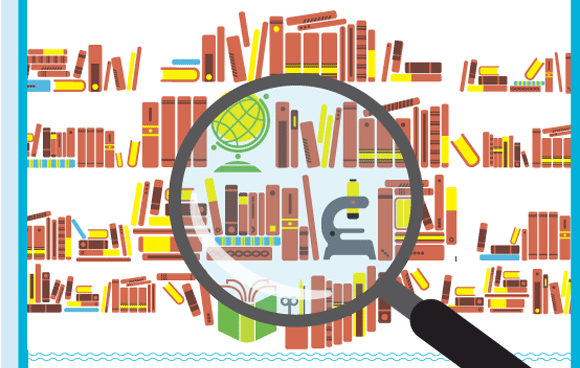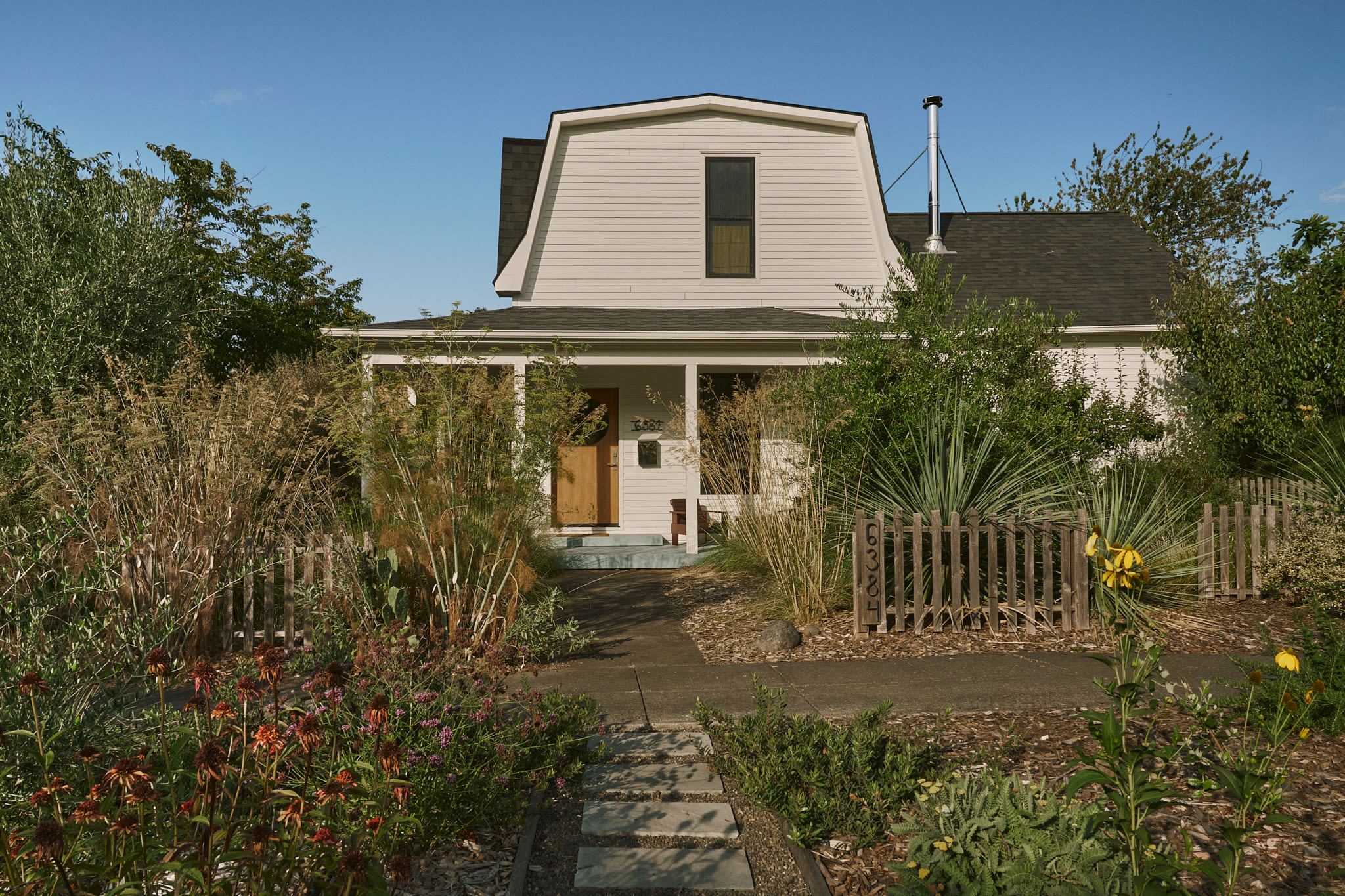Pop Quiz

WHEN SHOULD I INVEST IN PRIVATE SCHOOL?
BECAUSE PRIVATE SCHOOLS OFFER smaller class sizes—a significant predictor of a child’s academic success—a private school education can be beneficial at any age, experts say. "When they go early, they tend to come out of the gate a little ahead and get excited about learning at a young age," says Portland-based education consultant Ann Locke Davidson, who has a doctorate in education. In middle school, smaller classrooms encourage greater participation, notes Nancy Smith, a Portland education consultant for 23 years. The self-confidence this affords is especially valuable for pre-teens,who—given their socially vulnerable stage—are more susceptible to slipping through the cracks. Smith also points out that a small high school setting means students get more individual attention when it comes to finding a college that’s a good fit.
–Ali Moran
WHERE DO I START?
PICKING THE BEST FIT FOR YOUR CHILD CAN BE A LITTLE daunting, to say the least. Fortunately, a number of organizations can help you get started. Begin with the Oregon Department of Education site, ode.state.or.us, where you can find an online directory of more than 360 private schools registered with the state (including schools approved for special education). Greatschools.org contains information on more than 290 area private schools, many of them reviewed by parents. Still feeling out of your depth? Consider hiring an education consultant. For a fee—typically between $125 and $250 per appoinment—a consultant can help ensure your child finds the best fit. Educationalconsulting.org, a site managed by a consortium of independent school experts with decades of experience, can help you find a local consultant who has been accredited by the Independent Educational Consultants Association of the US.
–Nicole Morales
WHAT’S ACCREDITATION?
ACCREDITATION IS ESSENTIALLY A QUALITY-CONTROL measure for private schools. It’s awarded by one of six US regional associations—for Oregon that’s the Northwest Accreditation Commission (NWAC)—to certify that a school adheres to the same standards as those set for public schools. Accreditation is more important than just ensuring academic rigor, though. It also can affect a student’s chances of being accepted into college. According to Dr. David G. Steadman, NWAC’s executive director, students who graduate from an unaccredited high school can be denied admission to college—even if they meet all of the school’s other admission criteria. If you don’t see the NWAC stamp of approval on your school, don’t panic; that doesn’t mean it’s not accredited through them. NWAC facilitates third-party accreditation through several local organizations. To see the list of organizations recognized by NWAC, visit northwestaccreditation.org.
–Gretchen Holzgang
WHAT DO I NEED TO KNOW ABOUT SINGLE-SEX EDUCATION?
FOR STARTERS, KNOW THAT YOUR options are limited in Portland. St. Mary’s (all-girl) Academy is the only single-sex private school around. But it might be a good option, says education consultant Ann Locke Davidson, if your daughter is easily distracted (or intimidated) by boys. Studies by the likes of the National Institutes of Health also suggest there are learning differences between boys and girls, so some educators believe students can benefit from a teaching style that matches the learning habits of one sex. A University of Michigan study seems to support the notion: in the study, pupils at all-girls schools earned higher grades in reading and science classes, had higher self-esteem, and were more likely to go to a prestigious college than girls who attended coed schools. Sounds great, but before you jump on the gendered-education bandwagon, cautions Locke Davidson, be sure the rest of the school’s culture and curriculum are also a good fit.
–Ali Moran
CAN I AFFORD PRIVATE SCHOOL?
IN A CITY WHERE THE MEDIAN HOUSEHOLD INCOME hovers around $48,000, few parents are likely in a position to pony up the average $10,500 a year tuition for private school. Fortunately, there are several places to seek relief. Some private schools, such as the Portland French School, give a sibling discount (sometimes as much as 33 percent) for parents who enroll more than one child. Many schools also give scholarships or need-based grants; in fact, 23 percent of the students attending the private schools in our grids receive financial aid—to the tune of an average $3,169 a year. And a few—like Thomas Edison High School—even offer help with low-interest loans. Already dizzy? Consider consulting with FACTS (factsmgt.com), an online tuition management site that works with 95 Oregon schools to help parents navigate private school financial aid.
–Nicole Morales
WHAT DOES THE APPLICATION PROCESS LOOK LIKE?
WHILE APPLICATION PROCESSES can vary widely between schools—and grade levels—a few things remain fairly consistent, says local education consultant Ann Locke Davidson. For elementary students, many schools will ask for letters of recommendations from preschool teachers, any previous standardized test scores, and an interview with the parents. High school students often must submit essays (some schools also require parents to submit an essay of their own), take a placement level test (such as the Secondary School Admission Test, or SSAT), and an interview with teachers and administrators. To help alleviate anxiety during the interview, Locke Davidson recommends students spend a day shadowing a current student beforehand. "They’ll feel like they know someone that way," she says. "And they’ll have firsthand knowledge so they speak more articulately about why they’d like to attend the school."
–Gretchen Holzgang




